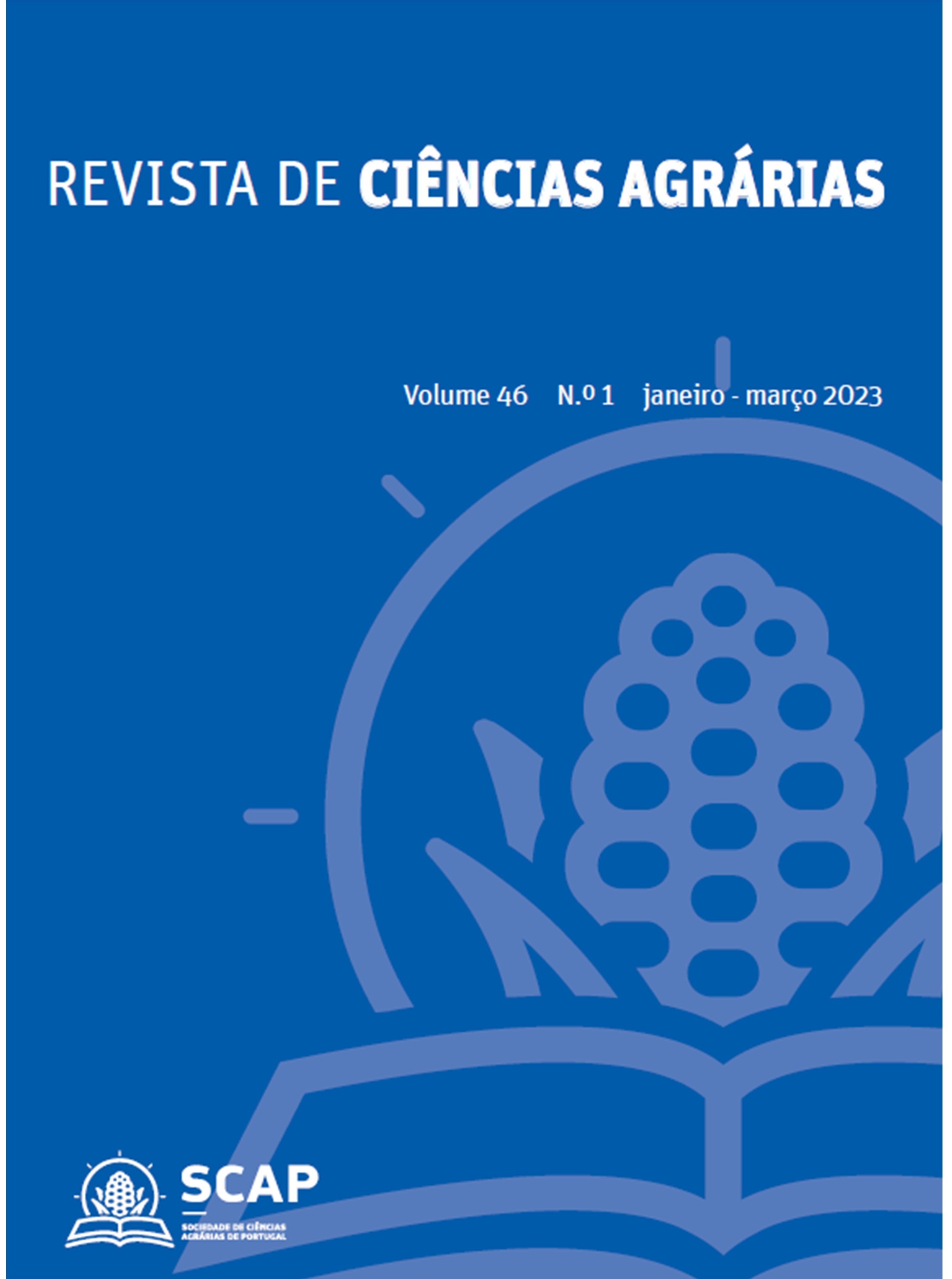Horticultura Urbana: Benefícios Sociais na Agenda ONU 2030.
DOI:
https://doi.org/10.19084/rca.28982Resumo
Hortas Urbanas são espaços agrícolas gerenciados pela comunidade do entorno onde são construídas, cujos esforços de cultivo geram variedade de alimentos e/ou flores, agregando as áreas verdes às cidades. Esse artigo teve o objetivo de verificar, por meio de estudo de metanálise, se a horticultura urbana é uma atividade que se enquadra aos padrões de conscientização para o desenvolvimento sustentável e estilos de vida em harmonia com a natureza, conforme 12.8 ODS/ONU. Pesquisa de revisão do tipo descritiva no perído de 2019 a 2022. Artigos baixados da plataforma CAFe, no portal de periódicos da Coordenação de Aperfeiçoamento de Pessoal de Nível Superior (CAPES) e, bases Scielo, Scopus e Web of Science. Os resultados mostram que a horticultura urbana atende aos indicadores sociais e contribui como uma atividade que se enquadra aos padrões de conscientização para o desenvolvimento sustentável e estilos de vida em harmonia com a natureza, conforme 12.8 ODS/ONU, resultando em: melhoria na qualidade de vida, relações coletivas dentro dos ambientes de realização dos projetos, inclusão e empreendorismo social, estímulo à cidadania, segurança alimentar e nutricional, promoção da saúde mental e física, harmonia com a natureza, consciência sobre desenvolvimento sustentável, promoção do conhecimento tradicional e, função educacional.


